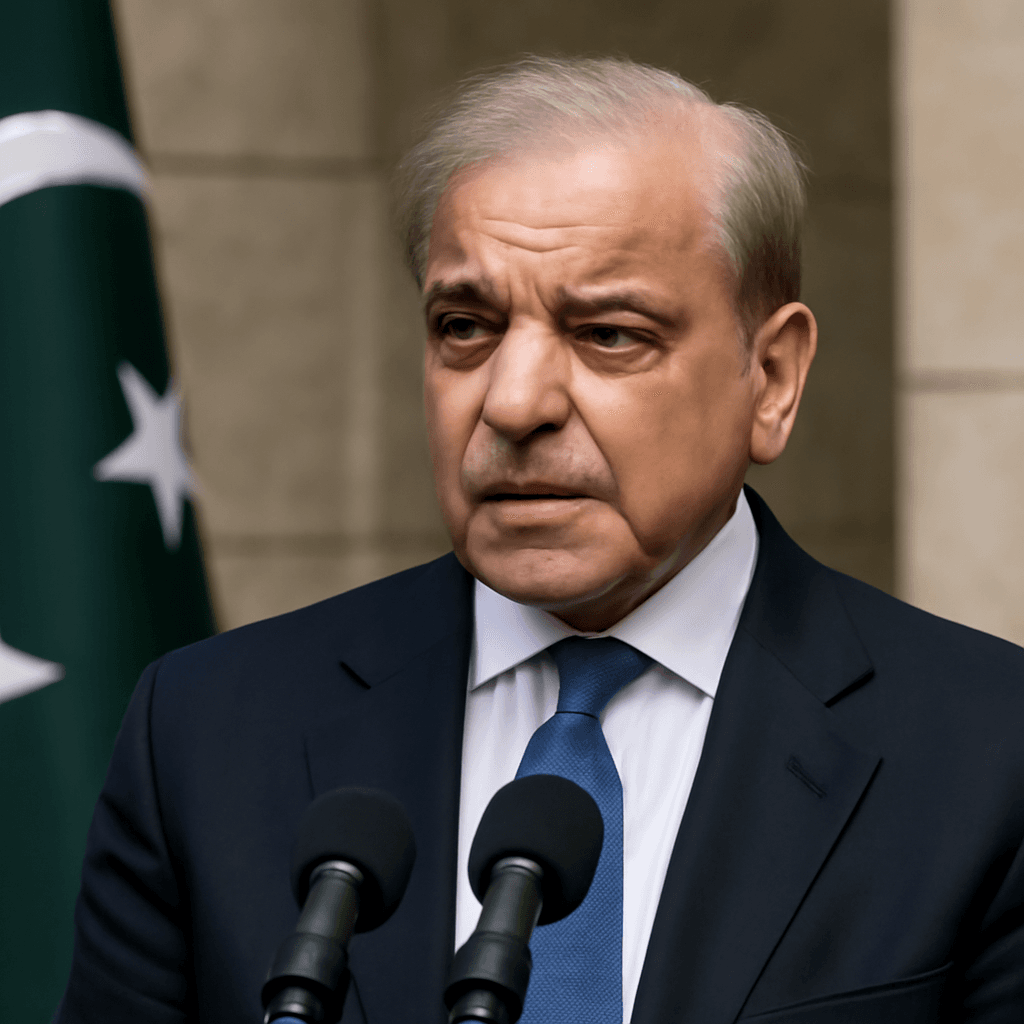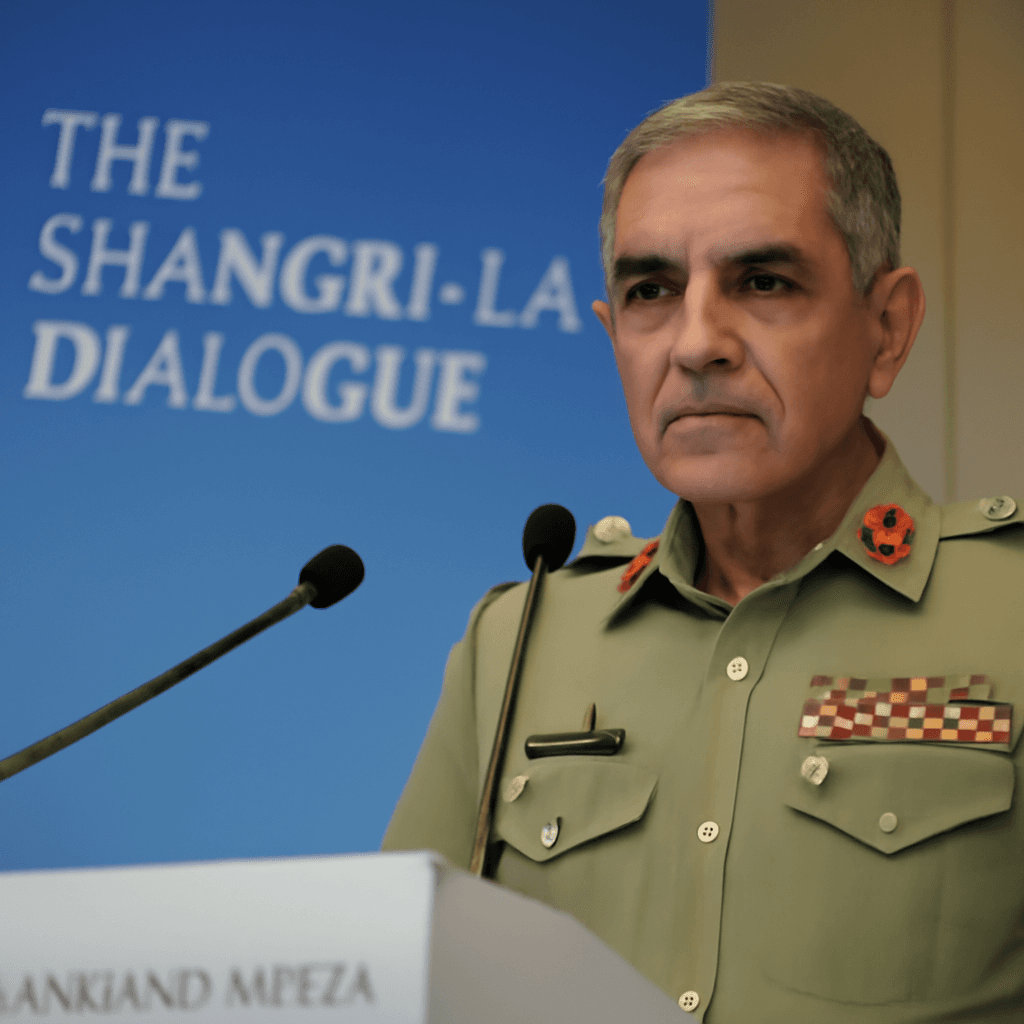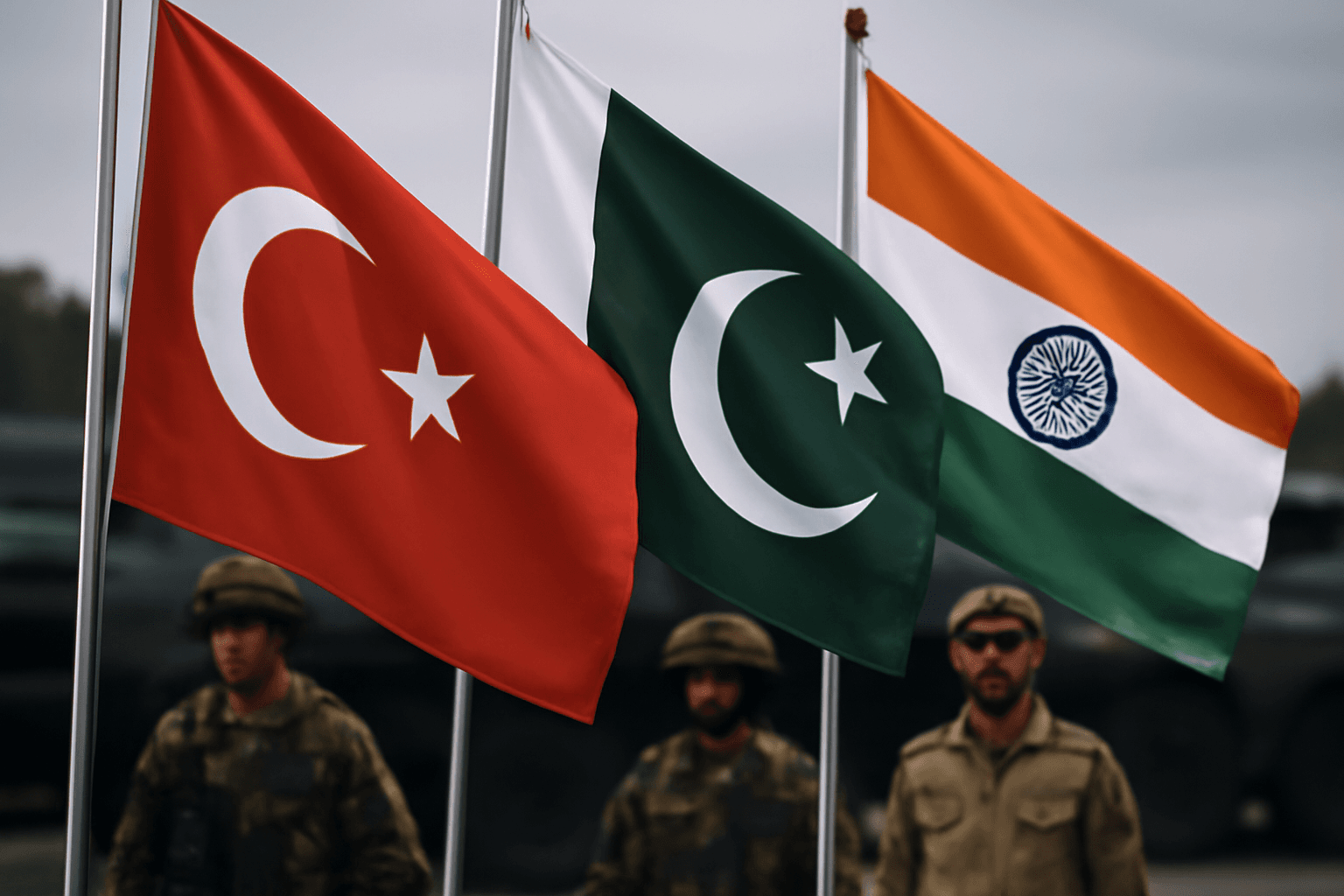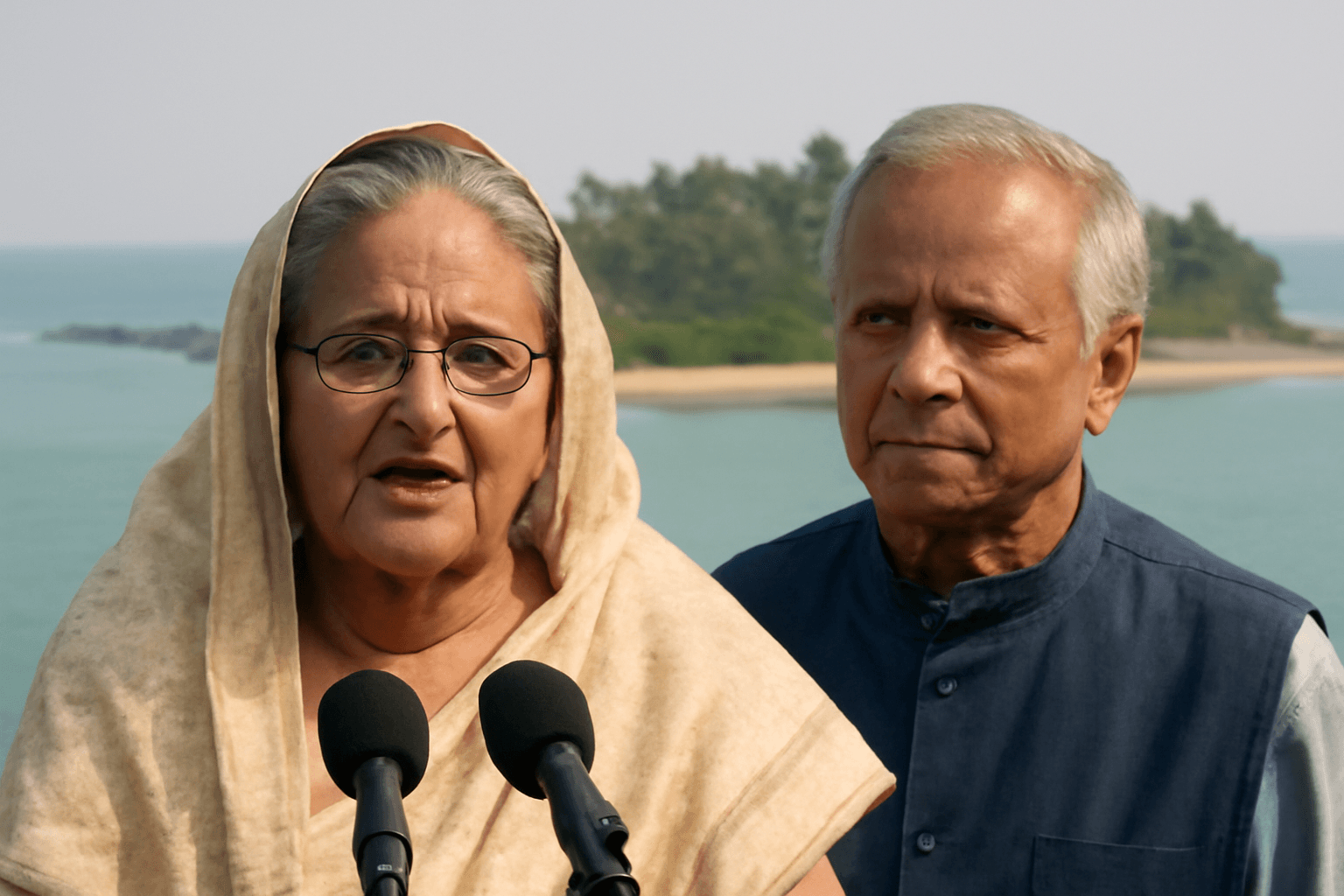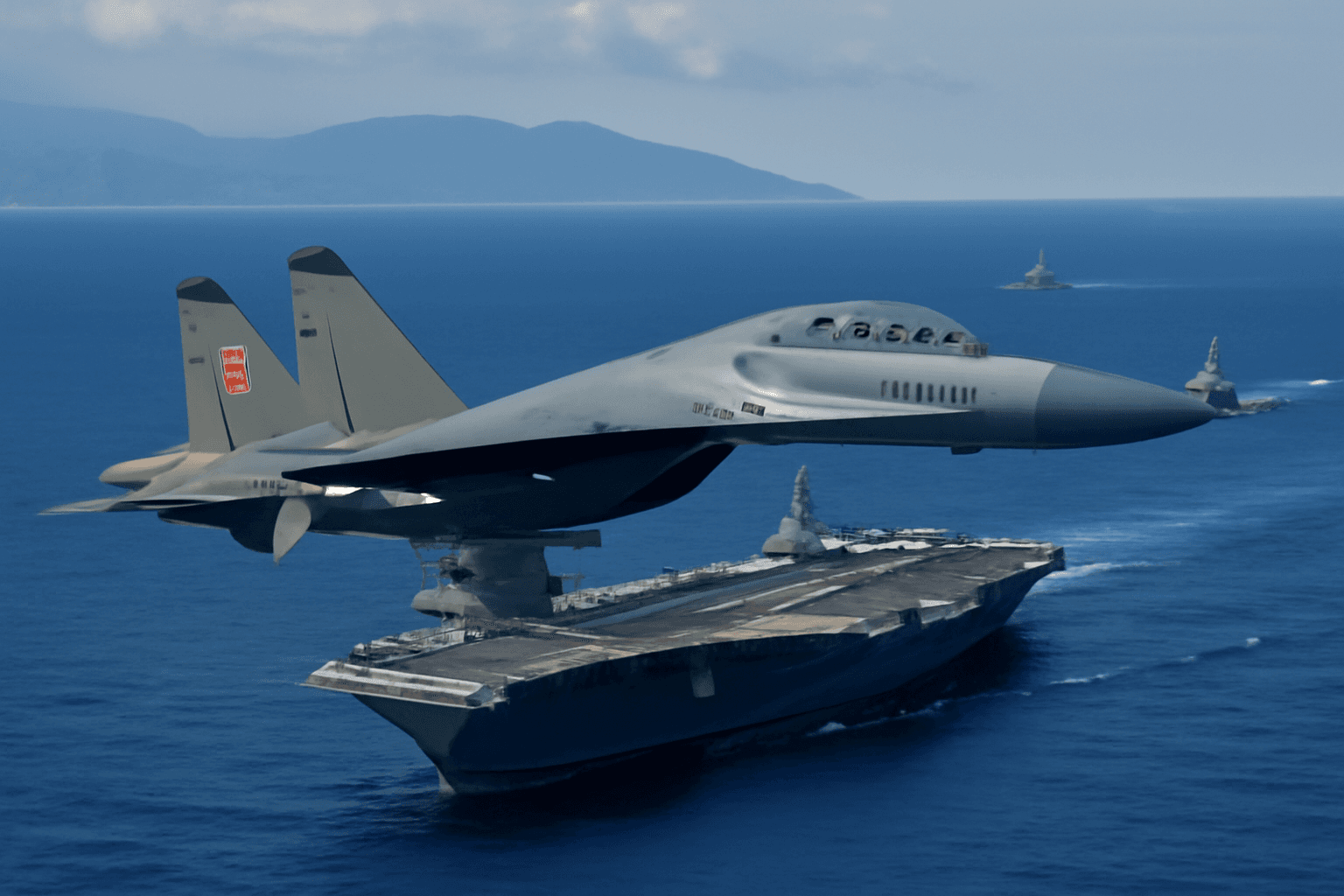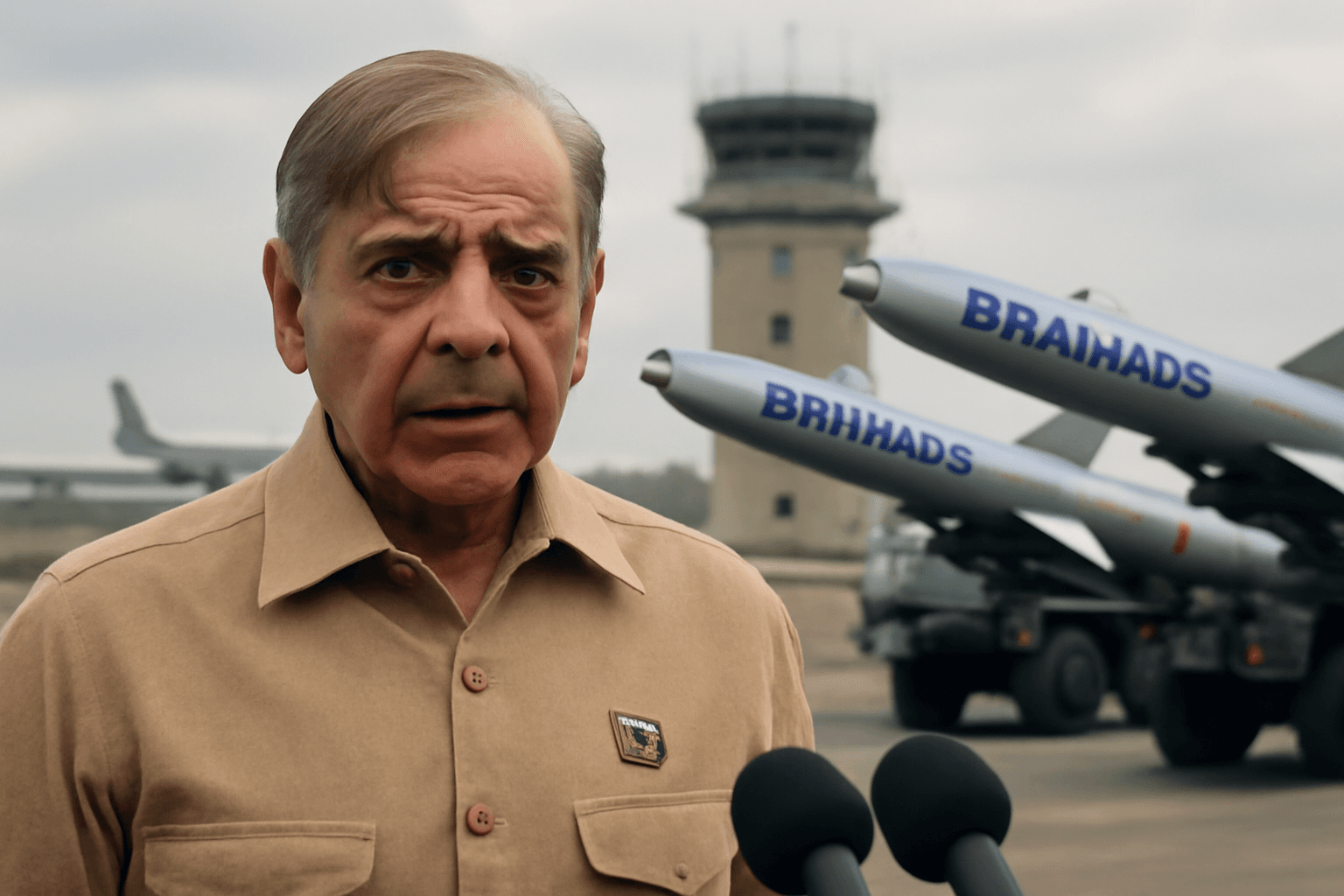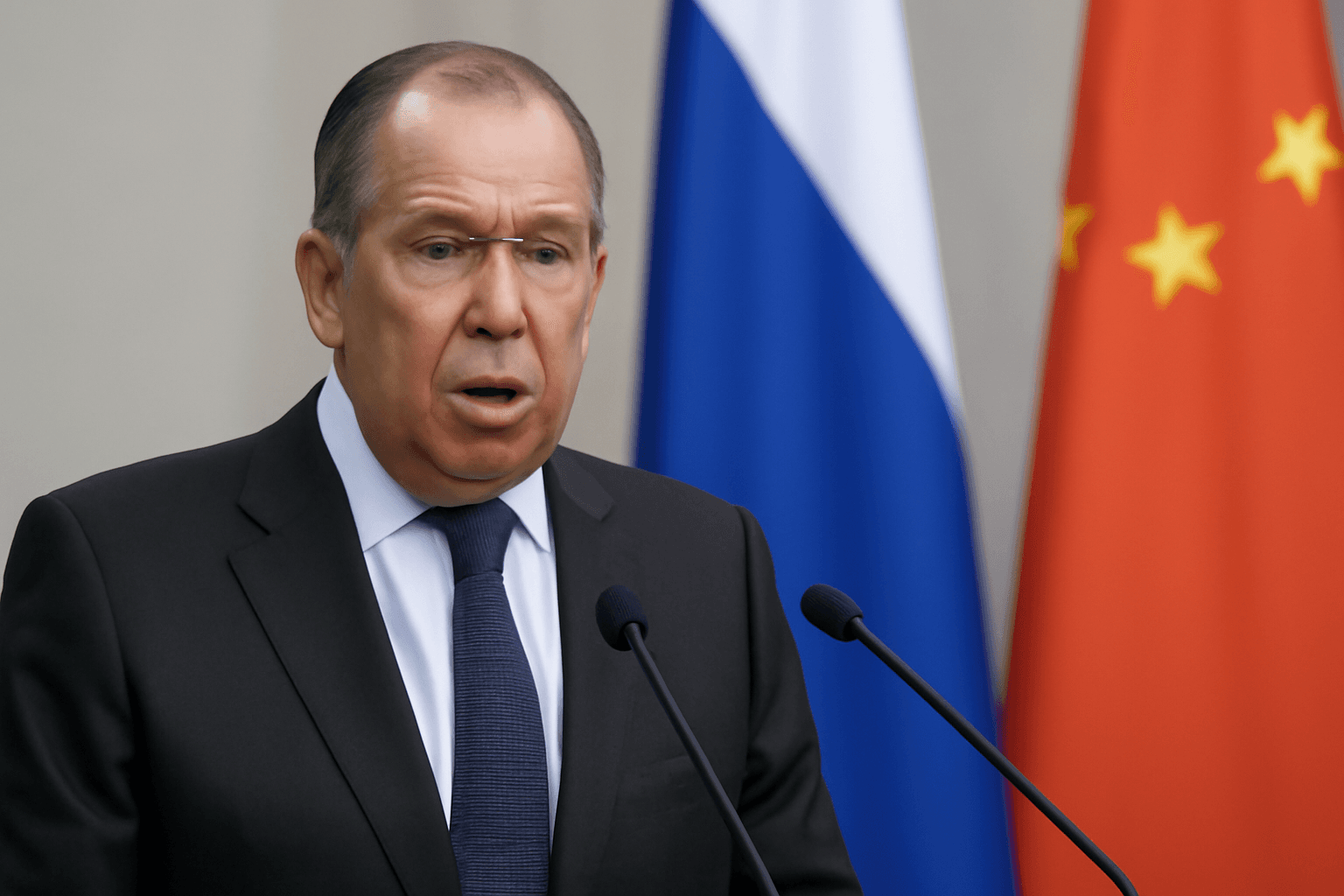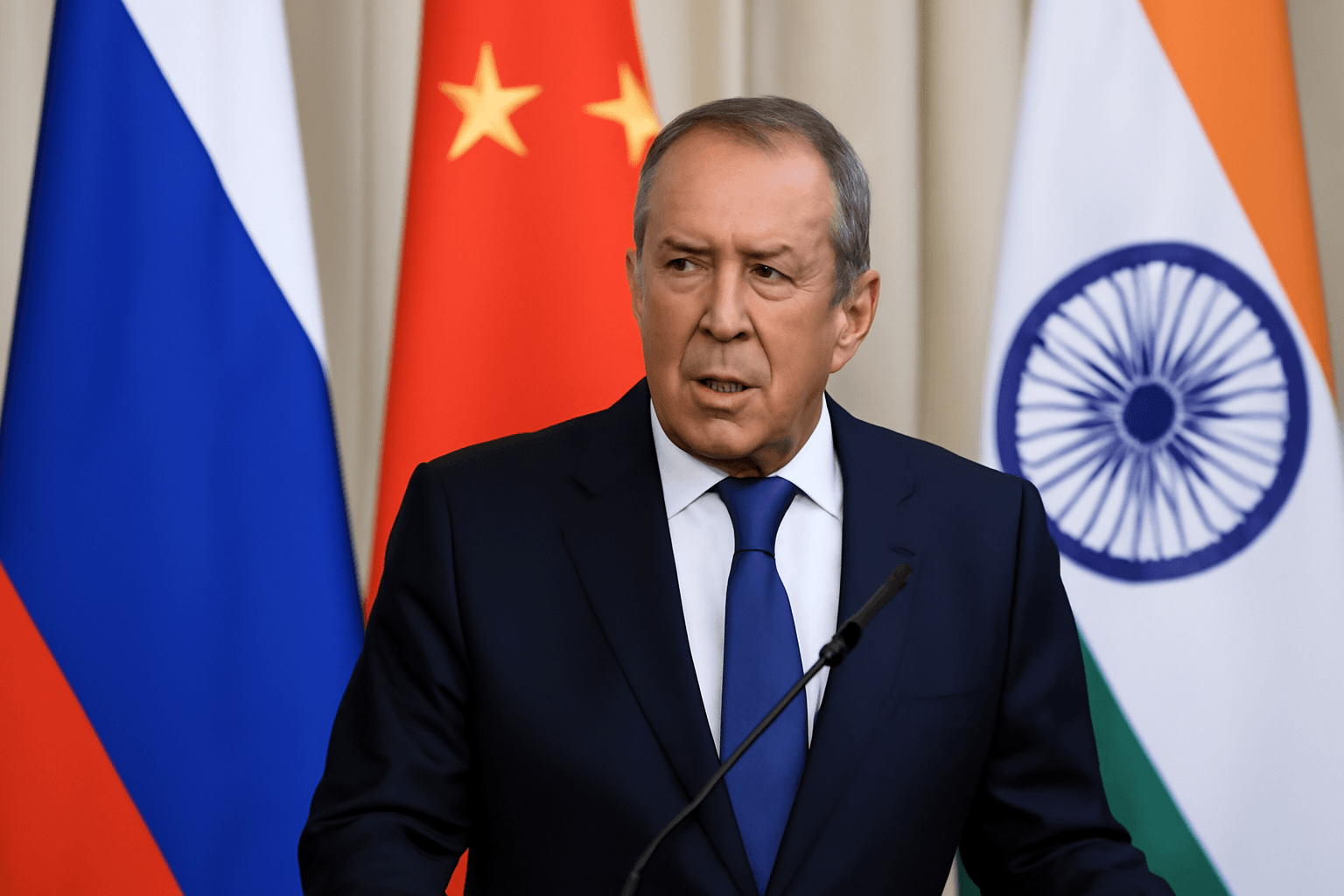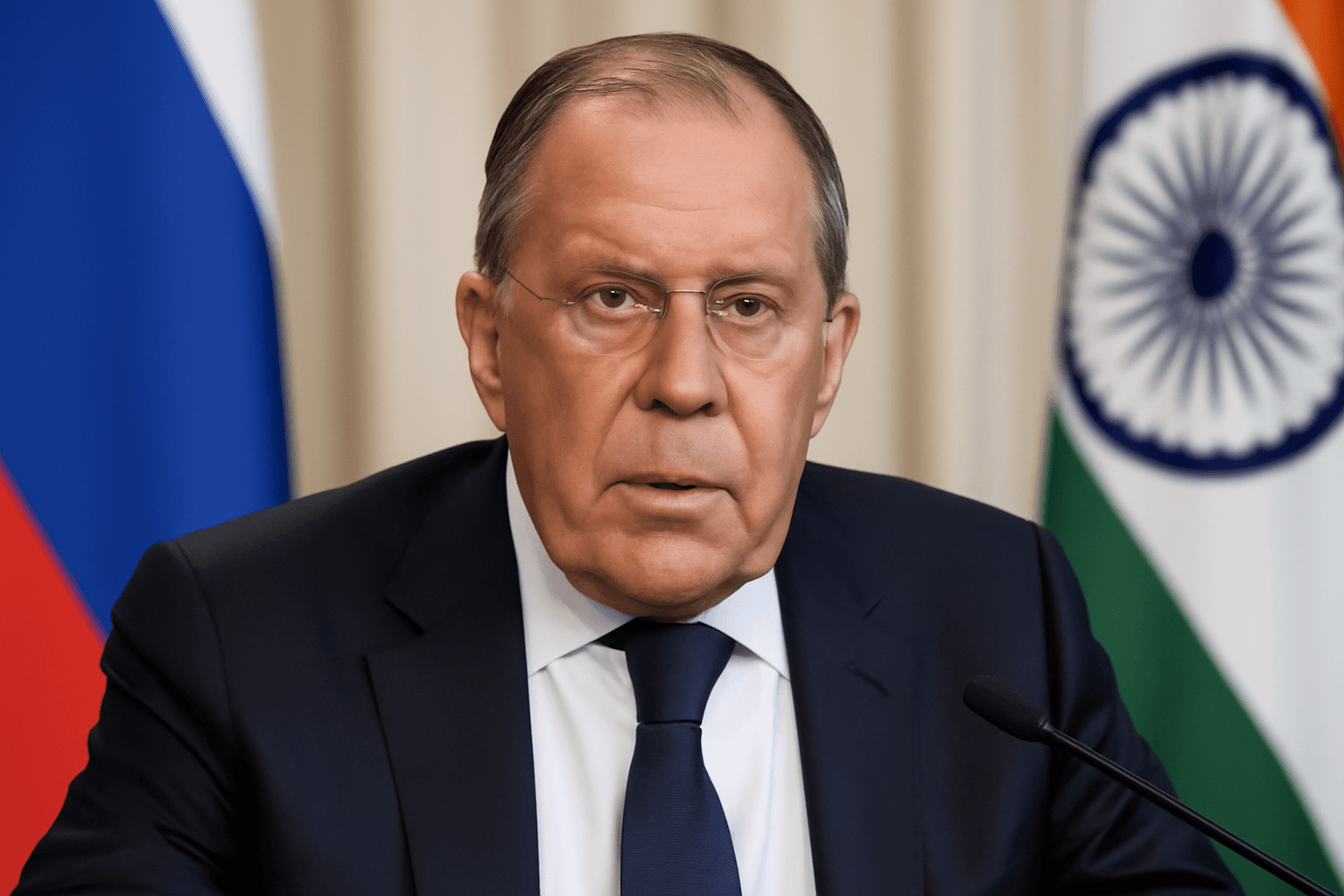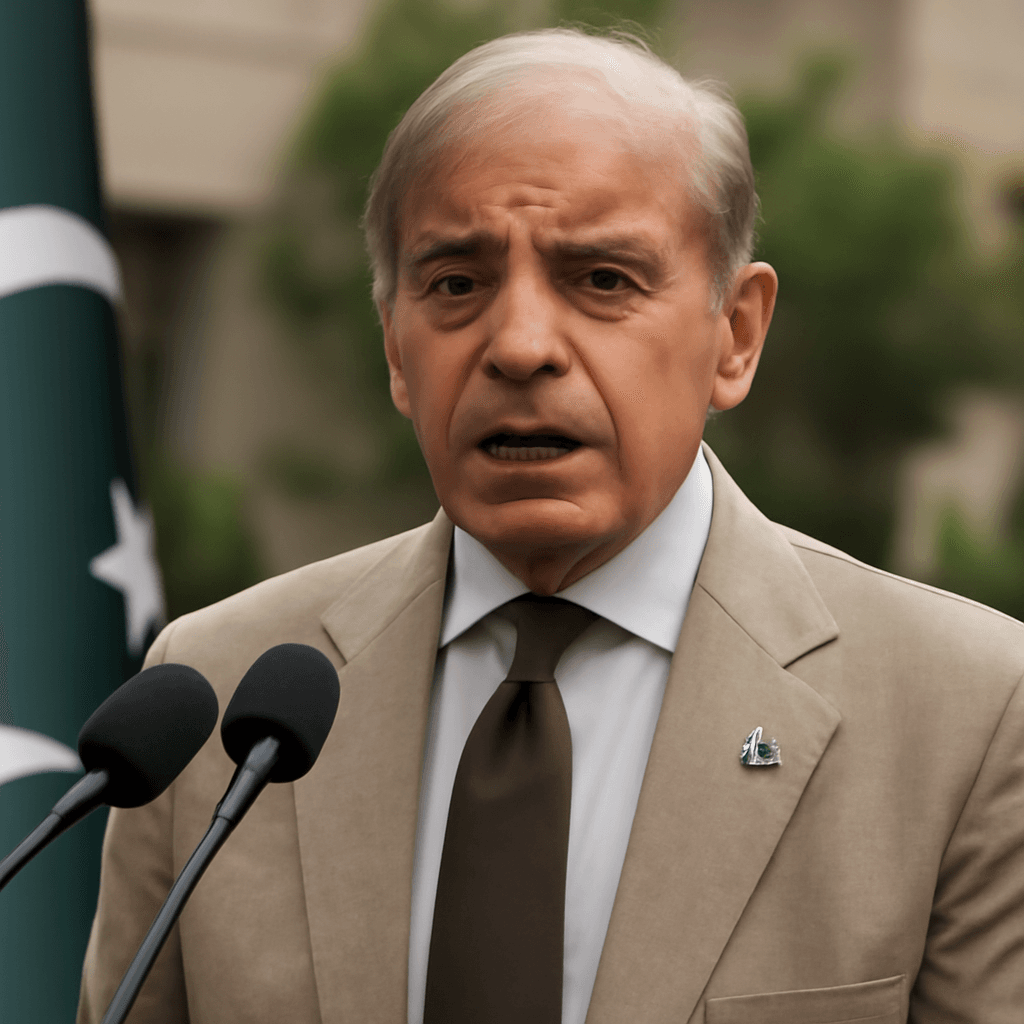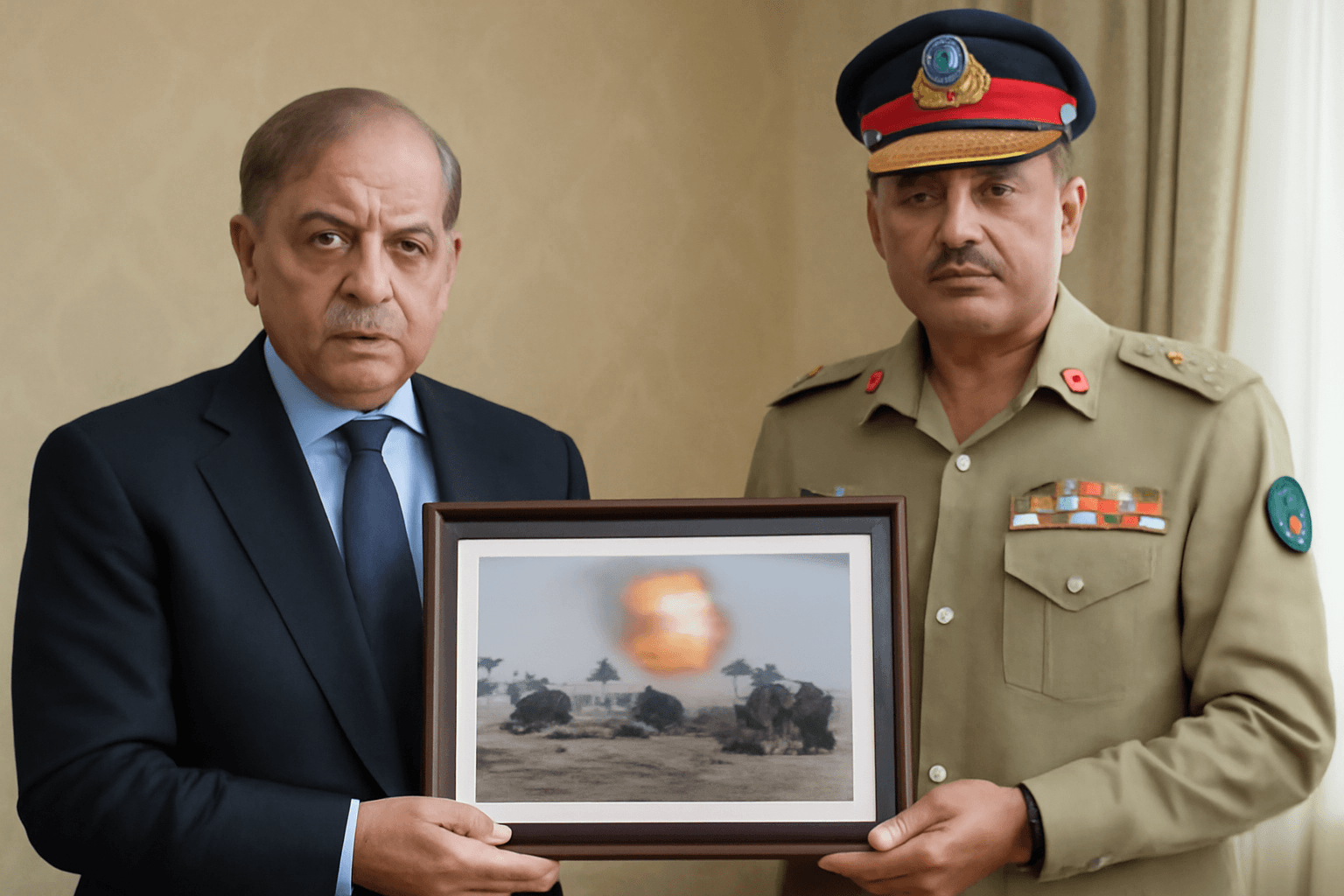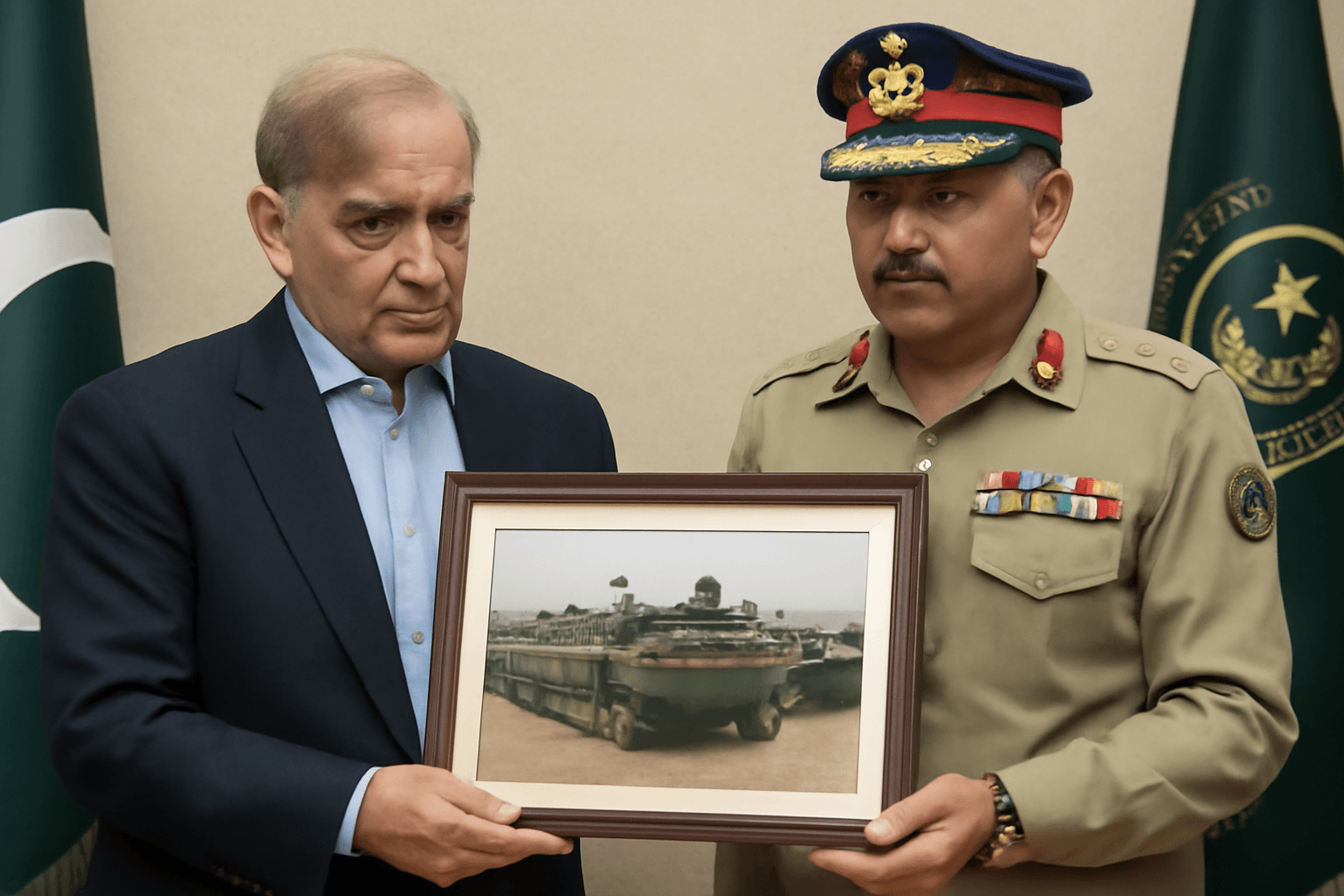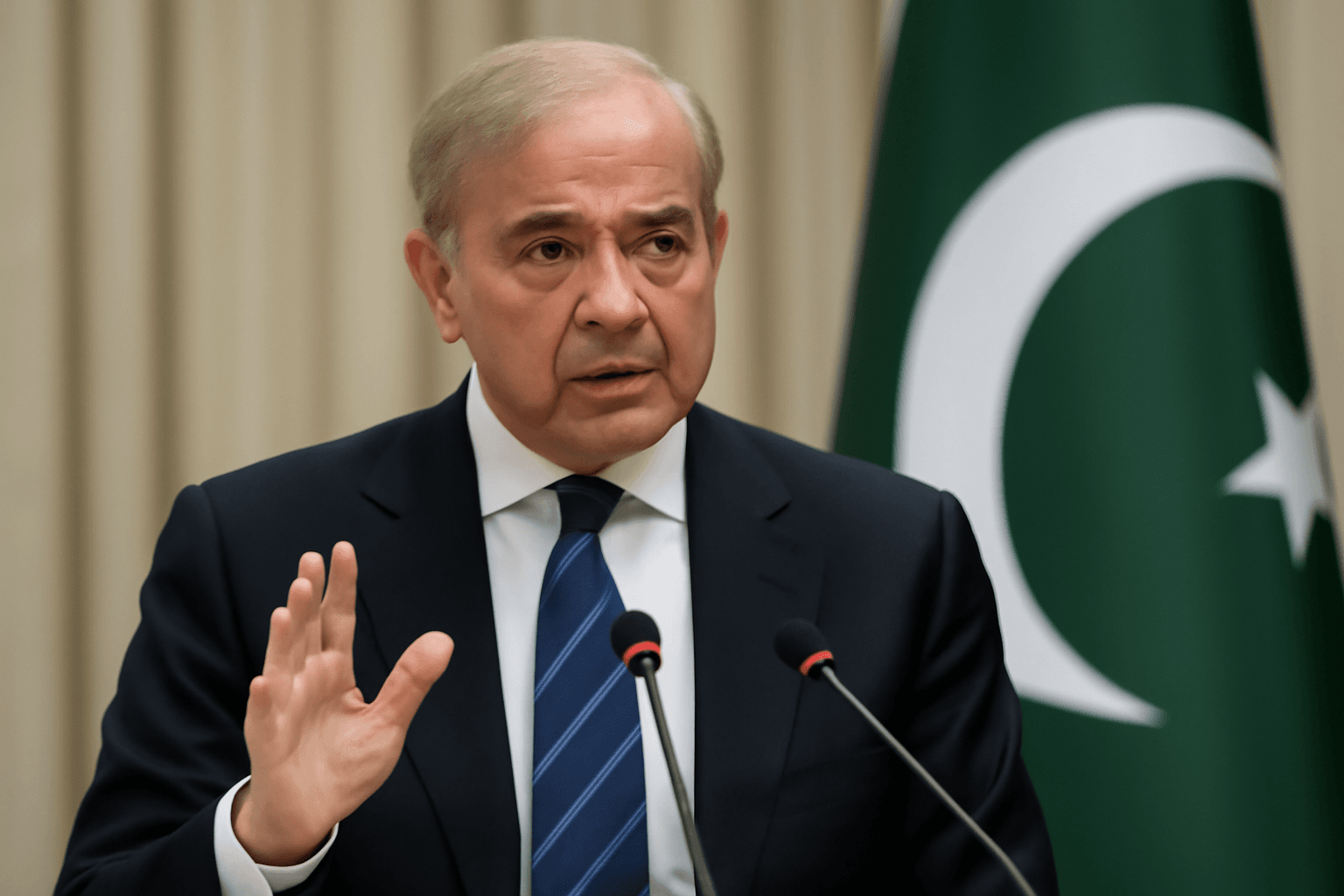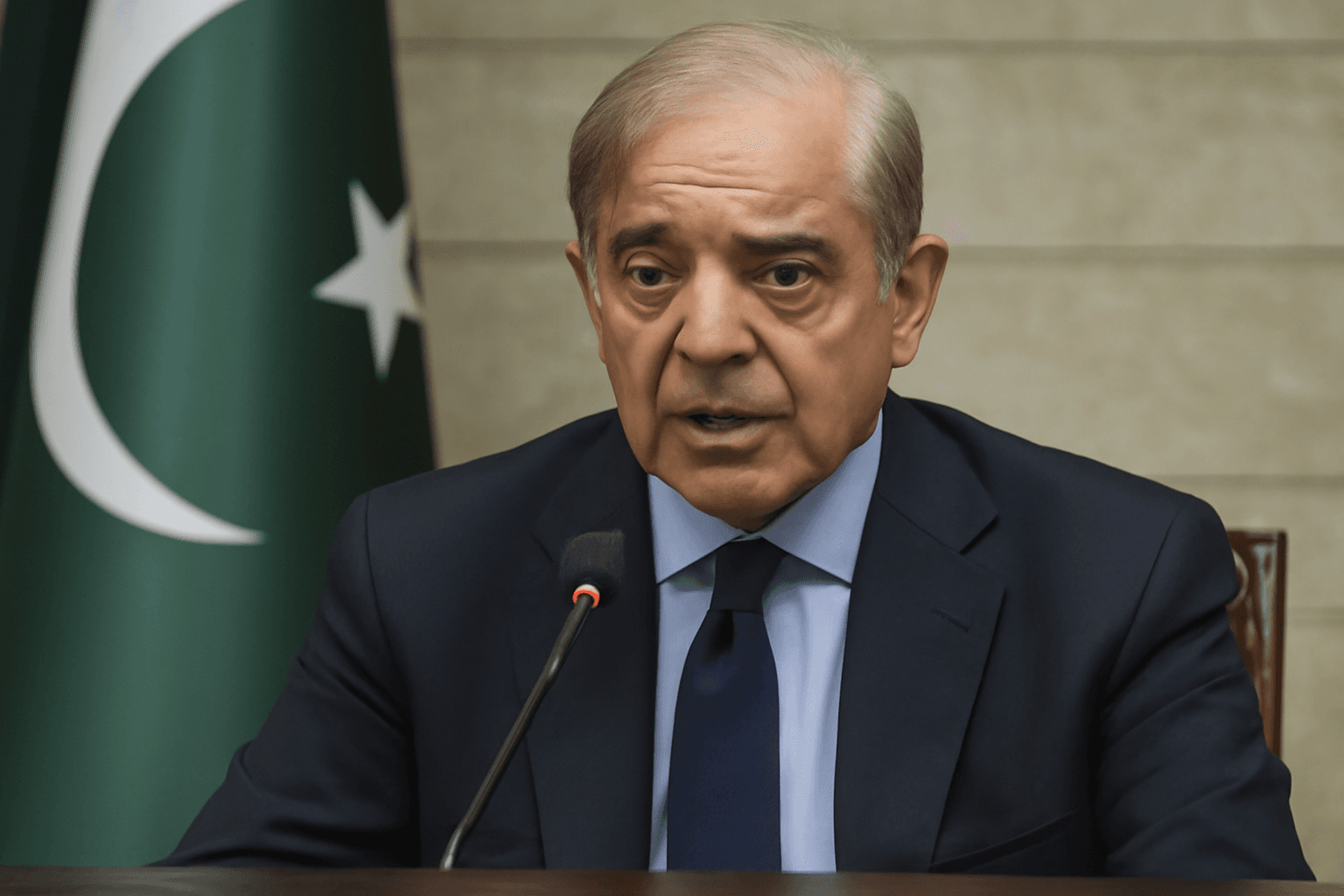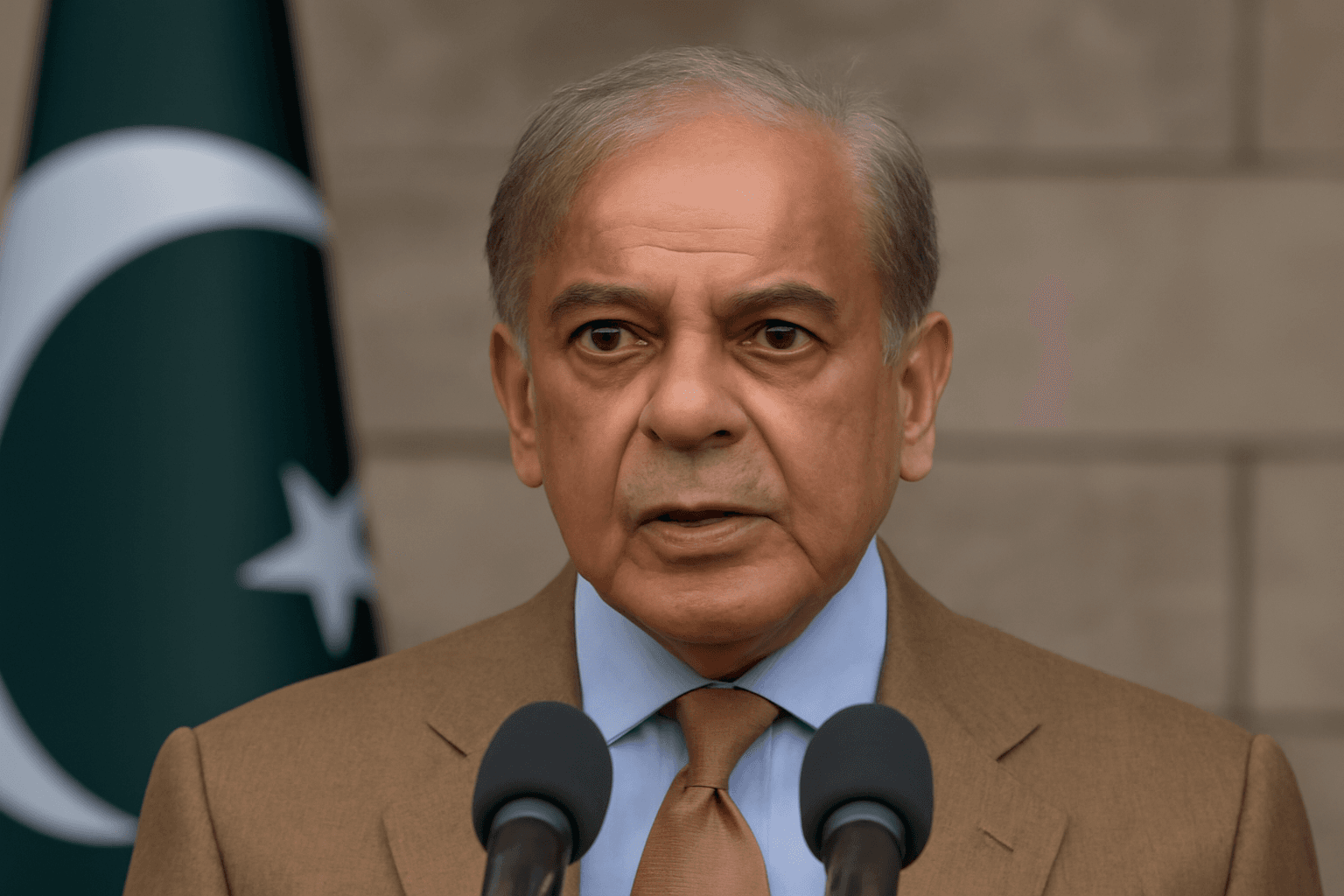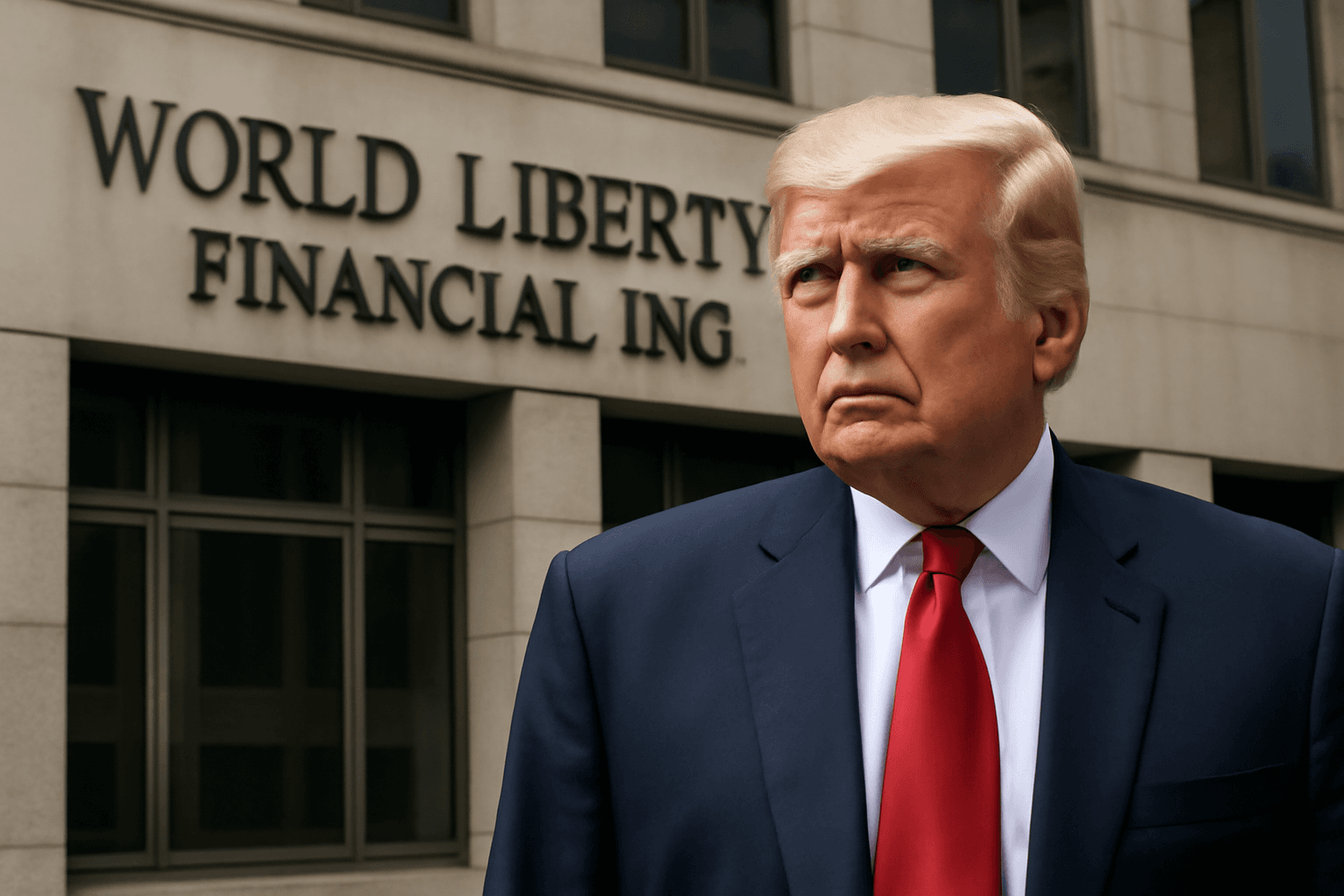Pakistan PM Emphasizes Strengthened Partnerships
In a recent address to military officers in Quetta, Balochistan, Pakistan Prime Minister Shehbaz Sharif underscored the nation's enhanced relations with key allies including China, Saudi Arabia, the United Arab Emirates, Turkey, and Azerbaijan. He asserted that these partners now view Pakistan as an equal collaborator rather than a recipient reliant on aid.
"Our allies no longer expect Pakistan to approach them with a begging bowl," Sharif stated, emphasizing a transition from dependency toward mutual cooperation in sectors such as trade, innovation, education, health, and investment.
Commitment to Resource Utilization
Highlighting the country's natural and human resources, Sharif emphasized the imperative of harnessing these assets to foster profitable ventures. He conveyed confidence in Pakistan's potential to leverage its strengths for economic growth and development.
Recognition of Military Leadership and Challenges
The Prime Minister mentioned the newly-appointed Field Marshal Asim Munir, expressing confidence that Munir, alongside the military leadership, would steadfastly "carry this burden" to safeguard Pakistan's interests.
Sharif also acknowledged that recent Indian air strikes had caught Pakistan's defenses by surprise. Referring to incidents during the night of May 9-10, he noted that Pakistani forces had been preparing a measured response after early morning prayers; however, the situation escalated when India launched missile attacks, including strikes on Rawalpindi's airport.
Impact of Operation Sindoor
Operation Sindoor, which involved military action supported by allies Turkey and Azerbaijan, was halted following a ceasefire on May 10. Sharif previously confirmed damages inflicted by Indian missile strikes on key locations such as the Nur Khan Airbase.
Economic Context and International Support
Despite persistent economic challenges, Pakistan remains engaged with the International Monetary Fund (IMF). Recently, the IMF proposed a new loan package valued at $2.3 billion to support Pakistan’s economy. This proposal, however, has faced opposition from India, citing concerns over potential misuse of funds for sponsoring cross-border activities.
Sharif expressed optimism regarding Pakistan’s evolving diplomatic relations, affirming China as a "time-tested friend" and Saudi Arabia, Turkey, Qatar, and the UAE as reliable partners.
Looking Ahead
The Prime Minister’s remarks reflect Pakistan’s strategic shift toward fostering reciprocal partnerships and strengthening internal capabilities amid geopolitical tensions. His speech highlights a determination to move beyond dependency, leveraging alliances for comprehensive development and resilience.

